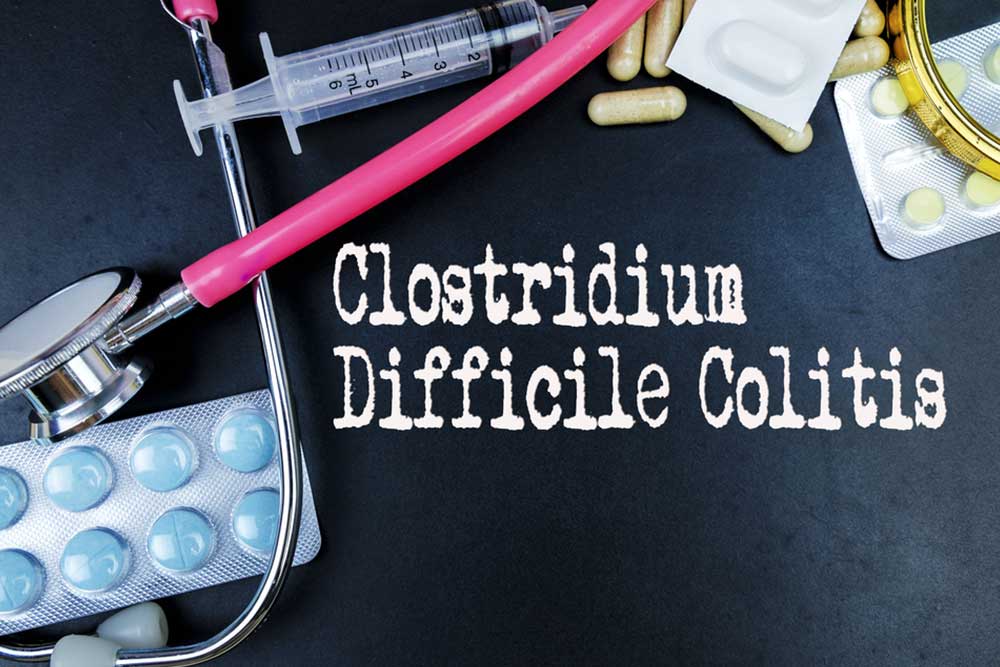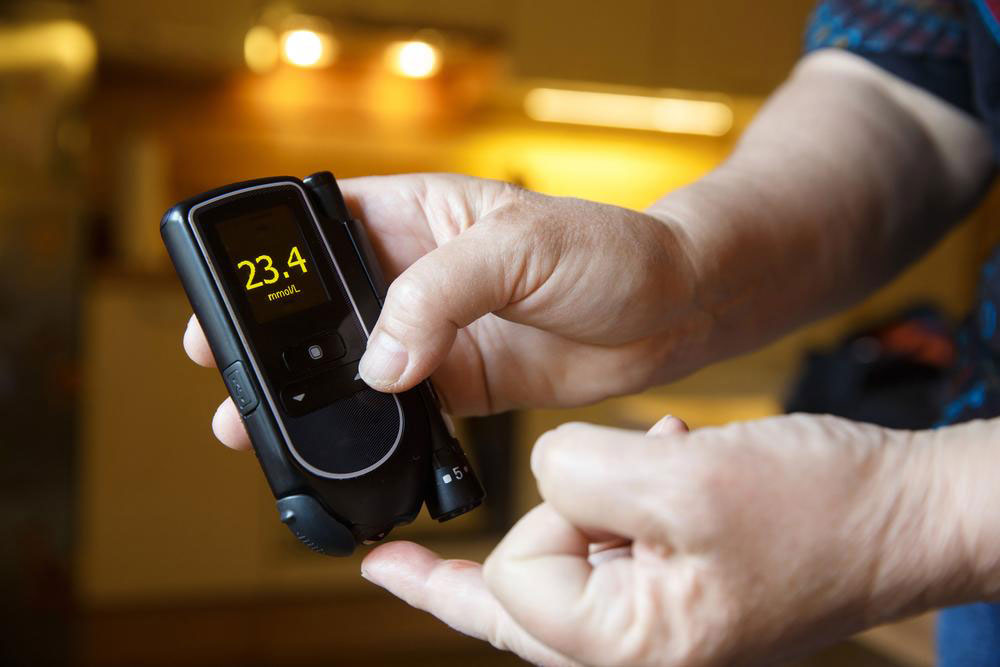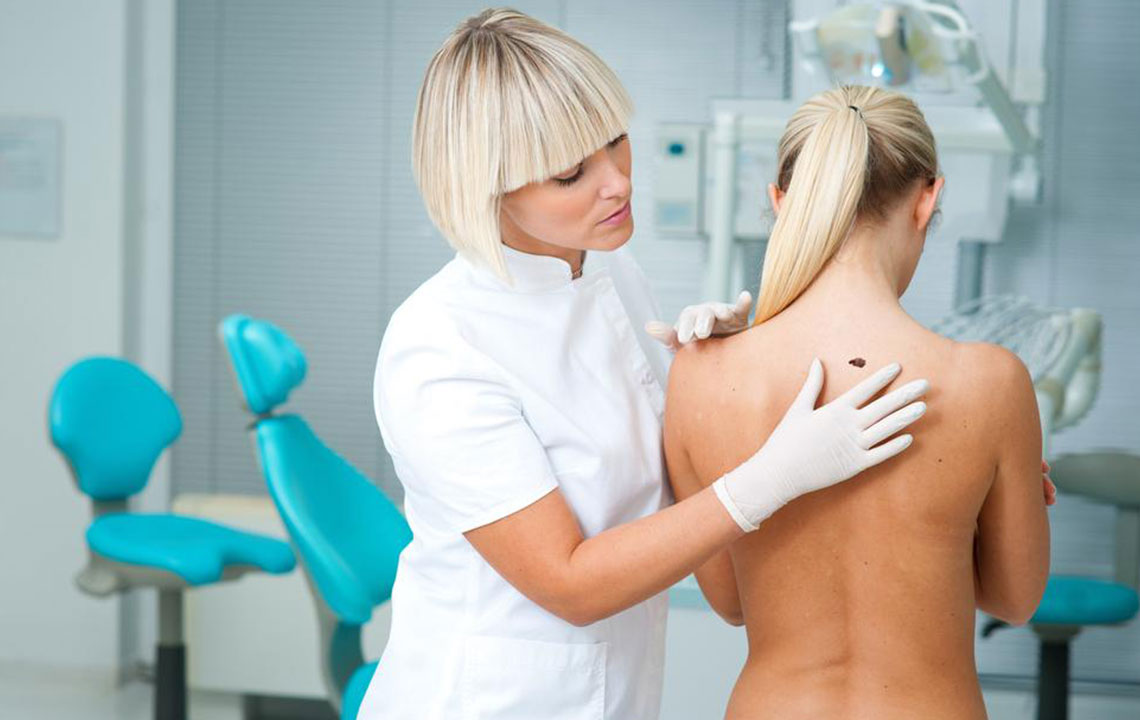Recognizing Early Signs of C. difficile-Related Colitis
This article highlights early signs and risk factors of C. difficile colitis, emphasizing the importance of prompt diagnosis and hygiene to prevent severe complications. It covers symptoms, causes, and preventive tips for this bacterial infection associated with antibiotic use and compromised immunity.

Recognizing Early Signs of C. difficile-Related Colitis
C. difficile infection, also known as Clostridium difficile colitis, occurs when imbalance in the gut microbiota allows the bacteria to proliferate. The bacteria produce toxins that inflame the intestines and damage the lining of the gut. Antibiotic use is a common trigger that disrupts healthy gut bacteria, facilitating infection. Spores from C. difficile spread through fecal contamination, often infecting others via contaminated food or surfaces. Monitoring early symptoms is crucial for prompt treatment and preventing severe complications.
If diagnosed, immediate medical attention is essential. Key facts about C. difficile infections
Approximately 3% of adults and two-thirds of infants carry C. difficile naturally in their intestines.
Each year, around 500,000 cases are reported nationwide.
Risk factors
Extended antibiotic therapy
Prolonged hospital stays
Use of broad-spectrum antibiotics
Advanced age
Recent intestinal surgery
Infections like inflammatory bowel disease or colon cancer
Weak immune defenses
Early symptoms of C. difficile colitis
Symptoms typically appear within 5 to 10 days of antibiotic initiation, though they can develop sooner or later in some cases. The intensity of symptoms varies with severity.
Mild casesCharacterized mainly by frequent watery diarrhea (more than three bowel movements daily) lasting over two days, often accompanied by mild abdominal cramps.
Severe casesInvolves intense inflammation leading to dehydration requiring urgent hospitalization. Symptoms include:
10-15 daily episodes of diarrhea
Intense abdominal pain and swelling
Nausea, fever, and reduced appetite
Dehydration and significant weight loss
Elevated white blood cell count
Rapid heartbeat
Pus or blood in stool
Potential kidney complications
Preventing the spread involves maintaining hygiene and cautious antibiotic use. Anyone showing symptoms should seek medical advice promptly.










